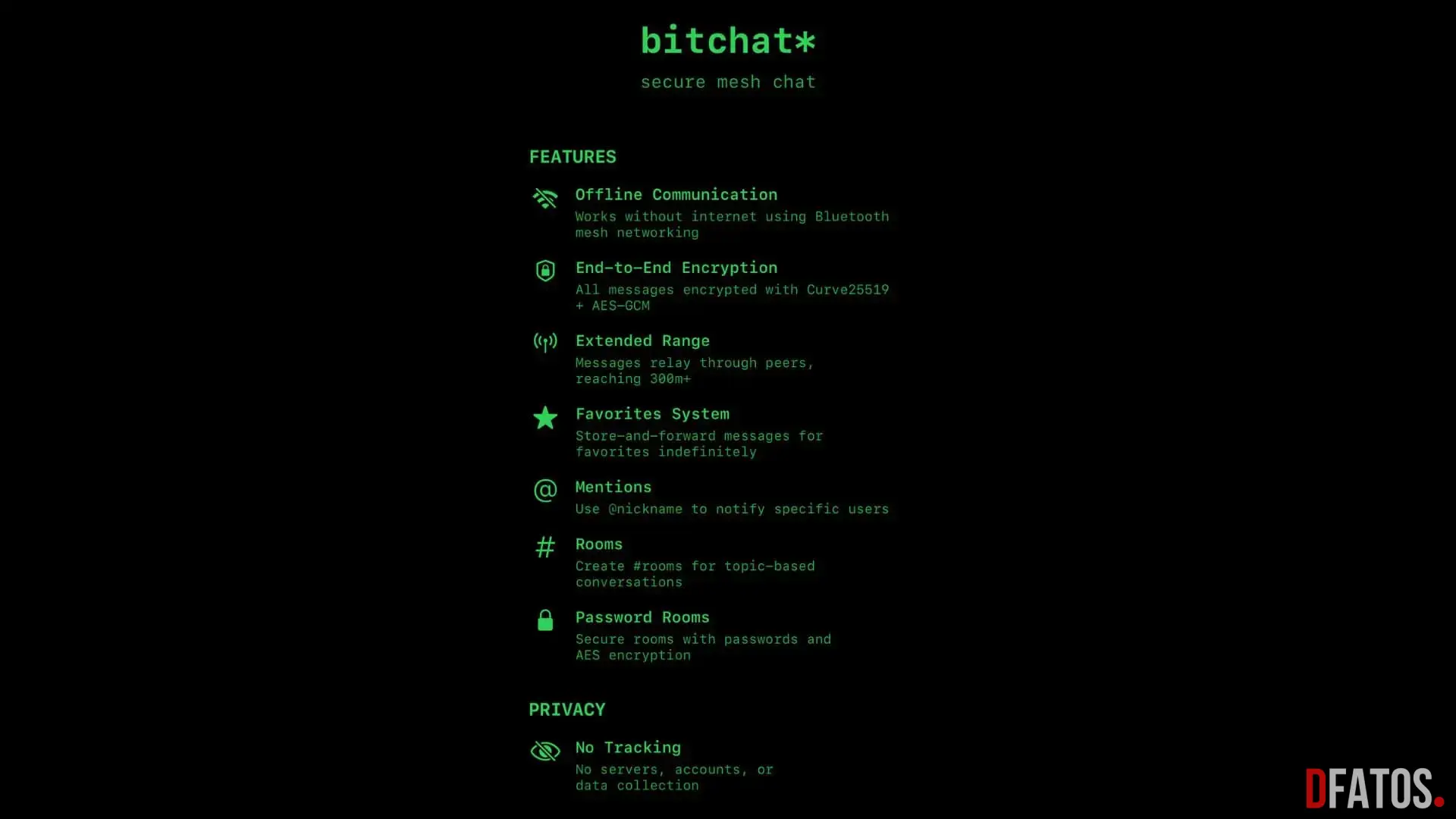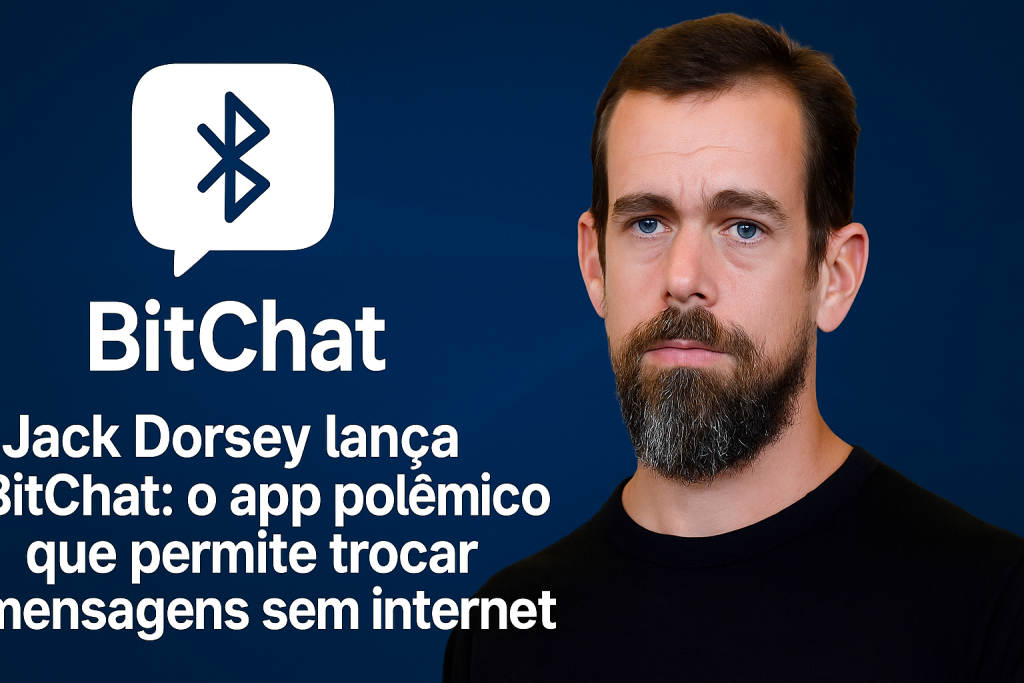Former Twitter CEO creates app that uses Bluetooth for encrypted communication and reignites debate on privacy, decentralization and digital control
The tech world has just been shaken by yet another controversial innovation: Bitchat, the new app created by Twitter co-founder Jack Dorsey, promises to allow users to exchange fully encrypted messages without the need for an internet connection. That's right—no Wi-Fi, no 4G, no 5G. Just Bluetooth.
Announced by Dorsey in a post on X (formerly Twitter), the app is in its experimental phase and has already become the target of heated debates about its impacts on digital privacy, decentralized communication, and public safety.

“Bitchat is an experiment with Bluetooth mesh networking, relays, encryption, and store-and-forward models,” Dorsey said.

How does Bitchat work? Hacker-style off-grid communication
Unlike traditional messaging apps like WhatsApp or Telegram, Bitchat doesn't rely on centralized servers or an internet connection. The app allows two or more nearby devices to exchange messages directly via Bluetooth, with end-to-end encryption.
📡 Claimed range:
While the traditional Bluetooth range is around 100 meters, Jack Dorsey claims that Bitchat can reach up to 300 meters, thanks to the use of a mesh network between devices — meaning each connected device acts as a relay node, extending the signal.
📲 Current Bitchat features:
- Sending encrypted messages via Bluetooth;
- Group chats with hashtags and passwords;
- Forwarding messages to users temporarily offline;
- Future integration with Wi-Fi Direct to improve network performance.
The app has been released for testing and has already reached its limit on iOS.
Dorsey released the app for testing via TestFlight, Apple's testing platform. The response was immediate: Bitchat quickly reached the 10,000-user limit and is now undergoing review for possible updates.
Despite the enthusiasm, Dorsey made it clear that the app is not yet generally available, and that the final version will receive adjustments based on feedback from the testing community.
Privacy or risk? Bitchat is already a concern for governments and tech giants.
Bitchat's proposal challenges current models of control over digital communications. Because it doesn't rely on the internet or central servers, the app is virtually immutable, decentralized, and anonymous—a combination that excites activists but also worries authorities.
“Bitchat could become the WhatsApp of clandestine protests,” wrote a digital security analyst at X.
Governments and law enforcement agencies have already expressed concern about the app's potential use in illegal activities or anonymous demonstrations, precisely because it is nearly impossible to track in real time. Dorsey's proposed full decentralization challenges the current model of global digital surveillance.
Dorsey's Legacy and Vision of a Decentralized World
Jack Dorsey's involvement in Bitchat comes as no surprise to anyone who follows his career. An avowed Bitcoin fan and advocate of decentralization, Dorsey had previously created the project that gave rise to Bluesky, a decentralized social network launched while he was still CEO of Twitter.
"Bitchat is more than an app. It's a manifesto against the centralization of digital communication," noted TechCrunch.
DFATOS analyzes: Are we ready for an internet without the internet?
The emergence of Bitchat raises a disturbing question: are we ready for a world where anyone can communicate privately, offline, and under the radar?
The promise of total freedom and privacy is seductive, but it also opens the door to misinformation, cybercrime, and loss of state control.
Is Bitchat a disruptive innovation or a silent threat?
Time—and the reaction of big tech and governments—will tell.
 Português
Português










